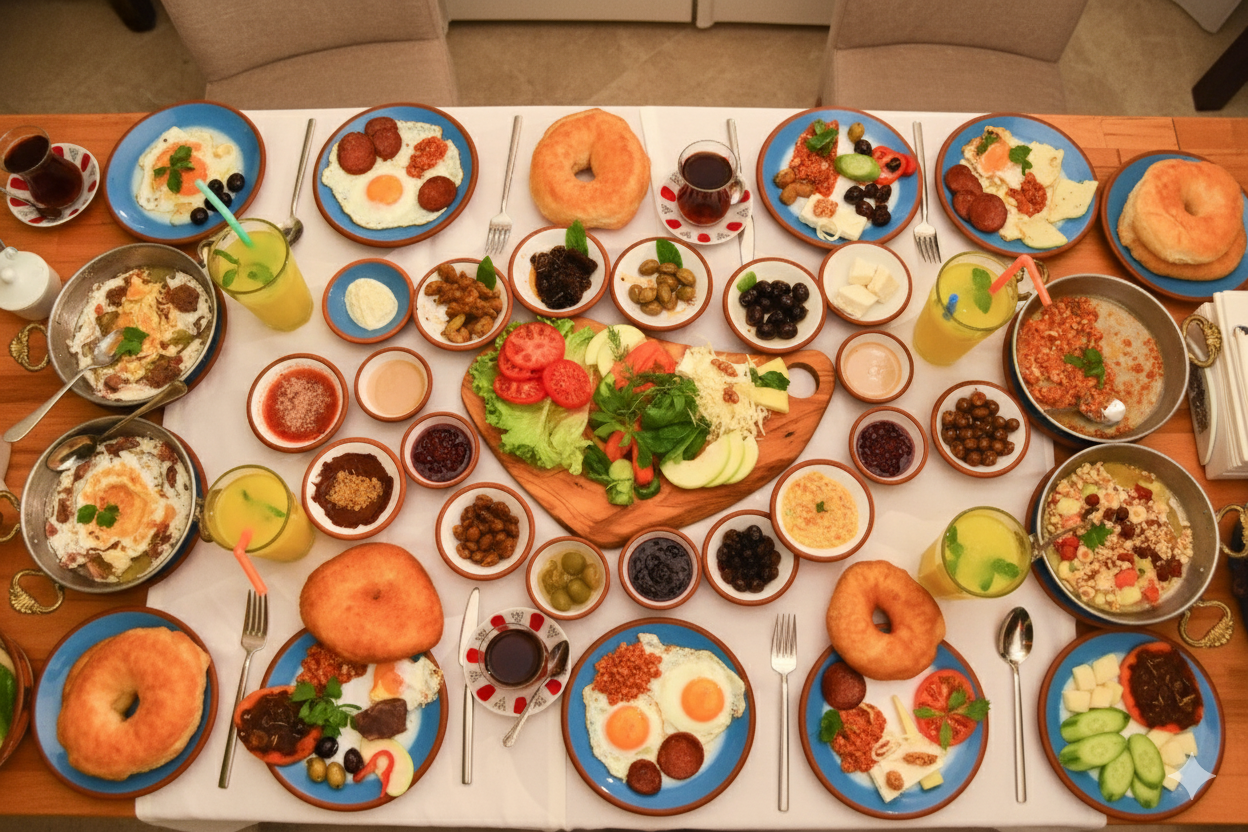Article:
It is understood that the foods we eat are an important factor in keeping a physically healthy body. What is being understood more and more is the effect our nutrition has on our brain function. The power our brain has to learn a new skill, process information or retain knowledge, is influenced by the foods we eat. For example, the Caerphilly Heart Study, which followed a population of men over 30 years, found a 64% reduction in chances of any cognitive impairment and dementia in men, when they led a healthy lifestyle which included a diet high in fruit and vegetables, and low in fat. And a review of studies on food insecurity over a person's life suggests that it is related to cognitive function and executive functioning falling short. In this article, we will describe in more detail the emerging area of neuro-nutrition, and identify superfoods, that can improve memory, attention and capacity for learning. Whether you are a student, trying to balance all of the demands of a packed course, or you are a professional managing the demands of new technologies, eating the right foods has a major impact on your cognitive function and overall health.
What is Neuro-nutrition?
Neuro-nutrition is the new science of the relationship between food and the brain. It is a synthesis of neuroscience, nutrition, and psychology to identify eating habits to enhance brain function, increase the chance of avoiding disease states, and bolster memory and learning.
There are three key insights to understand:
1. Food and Brain Chemistry Neurotransmitters in the brain produced partially from food like dopamine, Serotonin, and Acetylcholine which is important for mood, attention, and memory. By eating the right food our brain can more effectively regulate our mood, sharpen attention, and decrease chances of illnesses like anxiety and depression.
2. The Role of Nutrients
- Omega-3 fatty acids build cell wall of the brain.
- B vitamins help to provide energy and creates the precursors of many neurotransmitters.
- Fruits and vegetables provide the antioxidants that helps protects from brain injury.
- Proteins as broken down into amino acids that are later converted to brain neurotransmitters.
- Minerals like Quercetin, Iron, Zinc, Magnesium and Selenium for clear thinking.
The Brain–Gut Relationship The gut contains trillions of bacteria, some good and some bad. A healthy gut microbiome may reduce brain inflammation, enhance mental clarity, and improve an individual's adversity to mood fluctuations. Fiber-rich fruits and vegetables, probiotics (curd, yogurt, and fermented foods), and whole grains all help to maintain this balance; as the saying goes, if the gut is strong, so is the mind.
The Superfoods That Sharpen the Mind
Incorporating brain-friendly foods doesn’t require a complete lifestyle overhaul—small, consistent changes can make a significant impact. Here are some of the most powerful foods for lifelong learning:
- Blueberries: Packed with antioxidants that protect against oxidative stress, blueberries have been shown to improve memory in both young and older adults.
- Walnuts, almonds, and flaxseeds: Excellent sources of omega-3 fatty acids that enhance brain function and reduce inflammation.
- Leafy greens: Spinach, kale, and Swiss chard are rich in folate, vitamin K, and beta-carotene, all of which boost cognitive performance.
- Dark chocolate (in moderation): High in flavonoids, it improves blood flow to the brain, enhances attention, and promotes mental alertness. Caffeine and theobromine also help reduce mood swings.
- Whole grains: Oats, brown rice, ragi, and jowar release glucose steadily, providing consistent energy for focus and endurance.
- Eggs: A powerhouse of protein and choline, which supports memory and quick thinking.
- Turmeric: Contains curcumin, known to reduce brain inflammation and promote the growth of new neurons.
- Fatty fish: Sardines, salmon, or rohu are rich in DHA, a key omega-3 fat essential for learning and retention.
- Avocados and nuts: Provide healthy fats that improve blood flow to the brain, supporting calmness and stress management.
- Green tea: Contains L-theanine, an amino acid that induces calm alertness when paired with caffeine.
- Fermented foods: Curd, kanji, idli, and homemade pickles are probiotic-rich, supporting gut health and serotonin production for emotional balance.
Food, Focus, and Emotional Balance
Anyone who has attempted to develop a new skill while experiences anxiety also understands how hard it is to concentrate. Emotional balance is one of the building blocks of authentic learning, and nutrition is a key signpost in maintaining that balance. Healthy fats, probiotics and foods with high levels of antioxidants not only provide energy for the brain but help regulate stress responses, improve mood and increase resilience.
The Takeaway
You don't have to make big changes to adopt a brain-boosting diet. You can simply start with changing one superfood at a time, you will eventually build up to multiple brain-enhancing foods, and better yet lasting benefits such as better memory, improving focus, along with the mental agility to keep up with a rapidly changing world.


